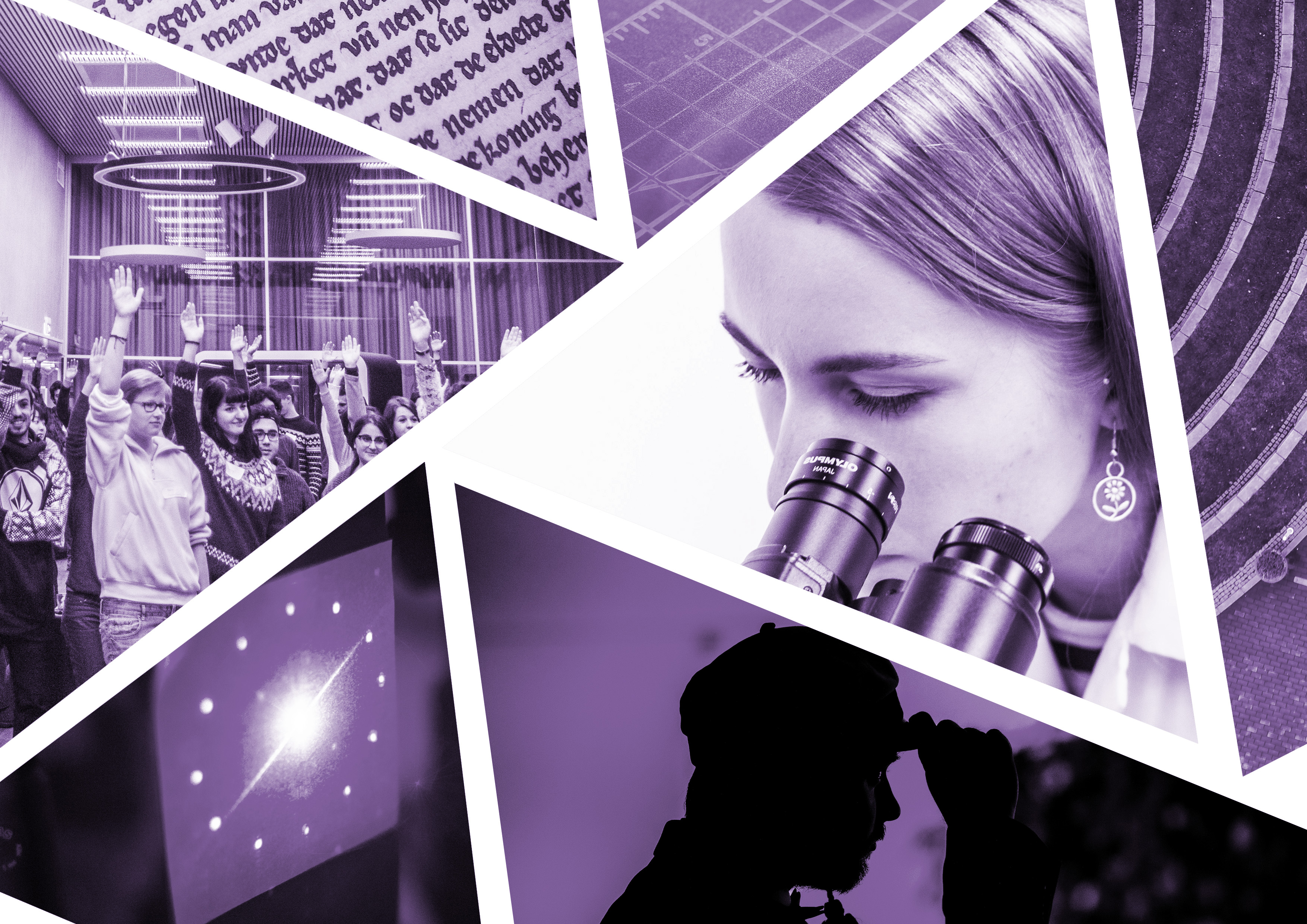
At the national level, the University took an active role in our three priority areas, technology, health and society, in 2020. Among other things, we participated in planning projects that will support the twin transition in industry, assessing the reform of social and healthcare services in Finland and drawing up a national post-Covid economic recovery plan. Our interactions with, for example, our Advisory Board for Relations with Working Life, Tampere Chamber of Commerce and Industry and the founding members of Tampere University Foundation illustrate our commitment to regional collaboration and dialogue. For example, we launched a collaborative project with Pirkanmaan Yrittäjät, a regional association of entrepreneurs, to seek funding for establishing Finland’s first professorship in solo entrepreneurship.
In 2020, Tampere University and Tampere University of Applied Sciences signed partnership agreements with the City of Tampere and Yle, Finland’s national public service broadcasting company. The partnership with the City of Tampere aims to respond to the shared challenges of the operational environment, improve regional competitiveness and promote knowledge-based decision-making. The partnership with Yle was created to study, develop and promote interactive journalism, inclusive democracy, media literacy and experiential learning and will reinforce Tampere’s position as a pioneer in the field of new media.
The University strengthened its partnerships with a number of companies. Tampere University and Nokia Corporation joined forces in the setting up SoC Hub, a new ecosystem for System-on-Chip design. In addition, a three-year collaborative research and teaching agreement was signed with Ponsse plc that places an emphasis on our innovative models for university-industry collaboration and continuous learning.
The University played an active role in EU networks in 2020 while gearing up for the next EU framework programme for research and innovation and the funding and partnership opportunities it will offer.
Our innovation capabilities were enhanced by streamlining internal processes and expanding collaborations with regional and international partners. Coordinating role in SPARK Finland, a nationwide programme designed to drive growth in the health tech and life sciences industries, opens doors to a global network and further strengthens the University’s ability to bring new innovations in health technology to the market. The experiences gained from the SPARK Finland concept will have a major impact on the development of our innovation activities across fields.
Our academic staff contributed research-based knowledge to support policymaking in different sectors of society, among other things, by drawing up statements, holding advisory roles in governmental committees and serving on numerous working groups. Experts representing our three priority areas frequently appeared in national and international media. In the realm of alumni relations, we took systematic steps to foster lasting relationships with our alumni and launched the Support us! fundraising campaign. Professor of Gerontology Marja Jylhä received the University’s 2020 Societal Impact Award in recognition of her long-standing advocacy for the rights and interests of the elderly and for her active role in discussing older people’s experiences of the Covid-19 pandemic in the media. Prime Minister of Finland Sanna Marin, who holds a master’s degree in administrative sciences, was presented with the Alumna of the Year Award.
In 2020, the work of the University’s Societal Interaction Council focused on the indicators for societal interaction and related quality management activities. As interaction with society takes multiple forms, it is difficult to define and measure. The indicators and practices for assessing societal interaction are still relatively unsophisticated both in Finland and abroad.
From the perspective of societal interaction, events and gatherings were most affected by the Covid-19 crisis. Still, we were able to quickly pivot to hybrid and virtual events and conferences. For instance, the long-running Leadership Symposium switched to a virtual format and drew a record audience in September 2020.
